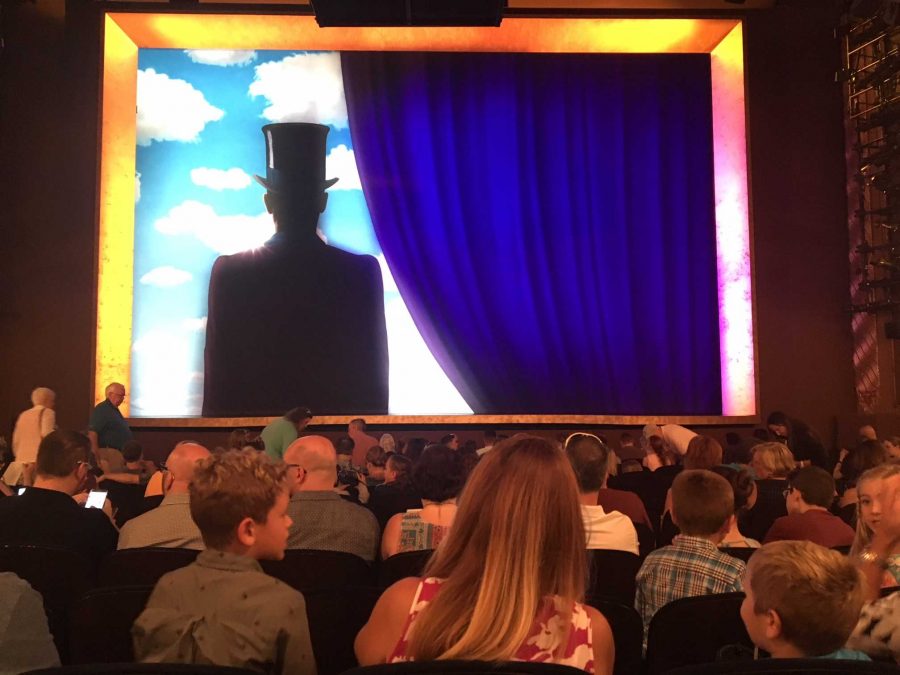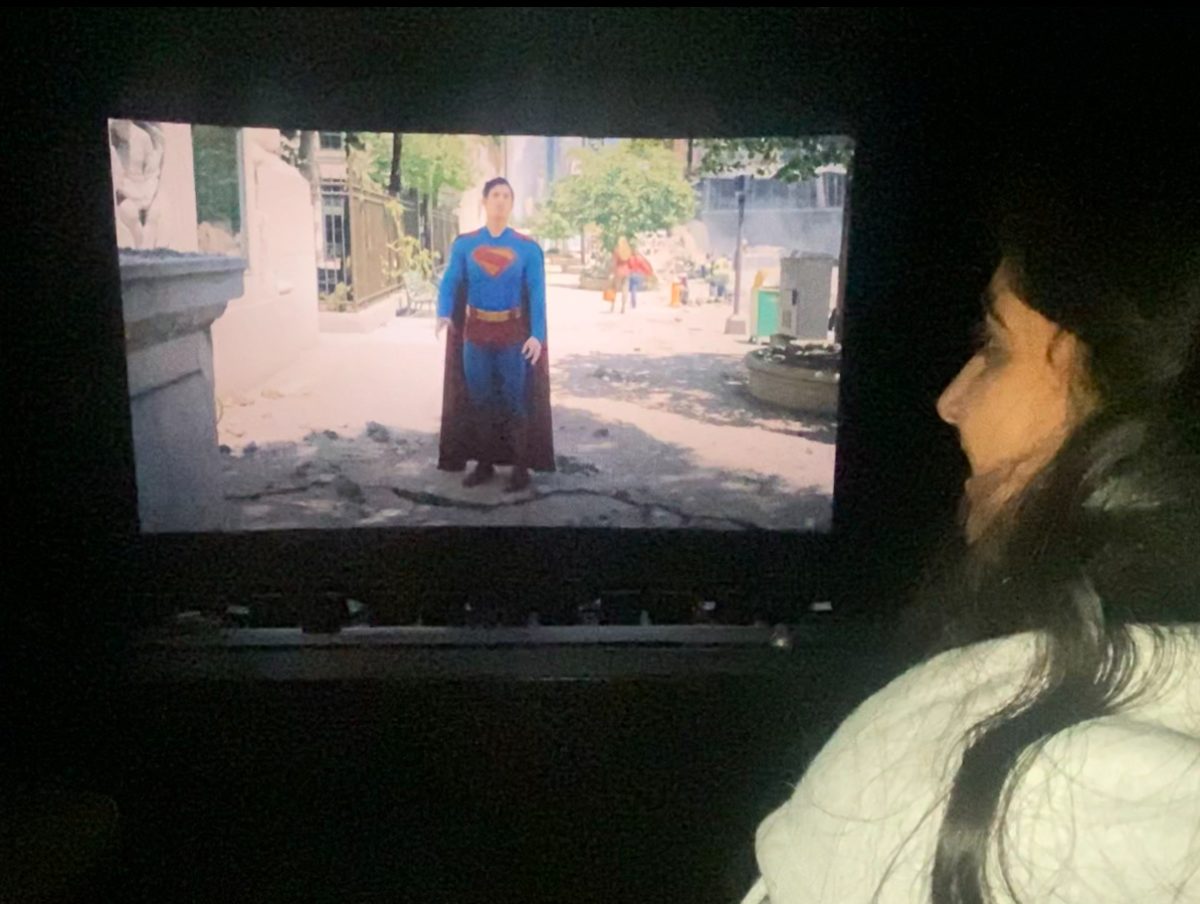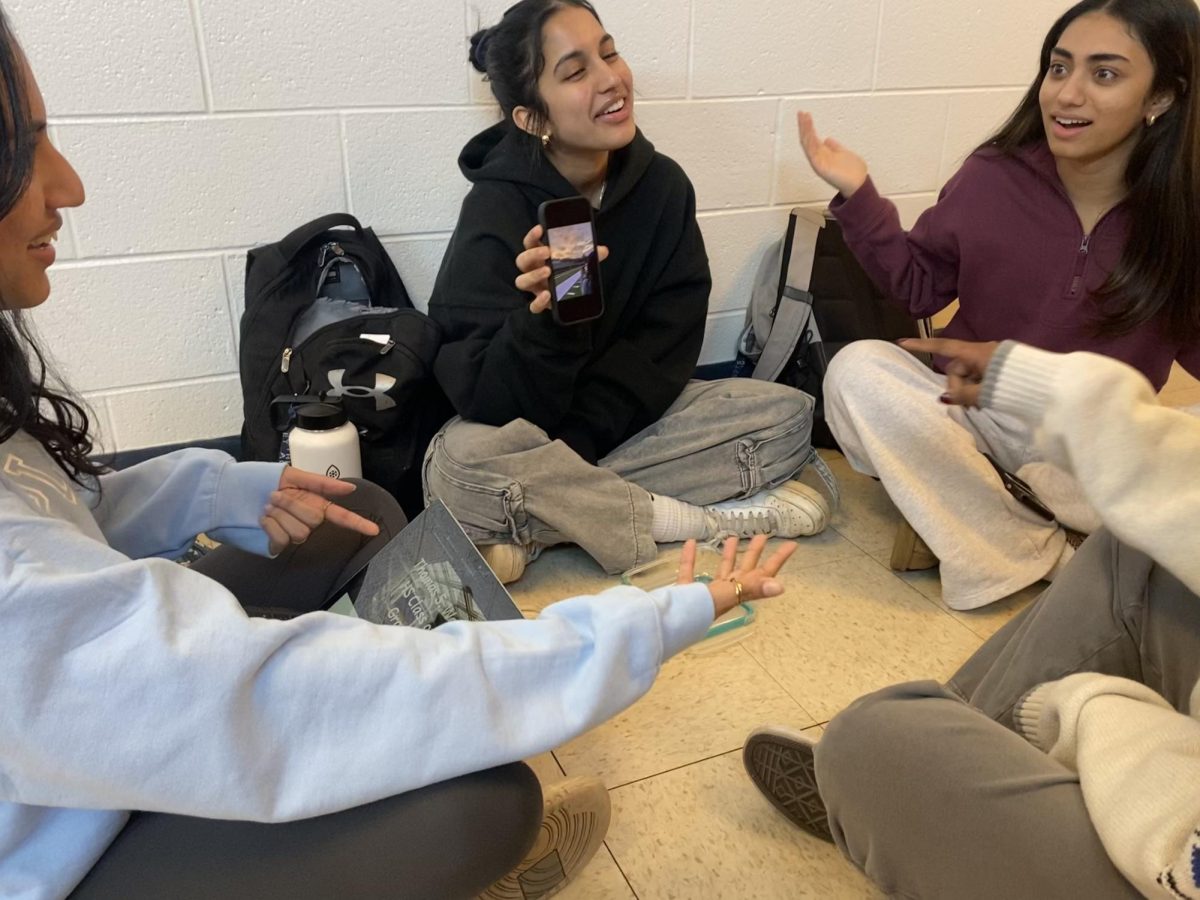People eagerly join lines that span nearly a block of New York City. The excitement and anticipation is palpable as they stream into the theater, greeted by spiffed up ushers, beverage stands offering themed drinks in souvenir cups and merchandise tables featuring everything from CDs to T-shirts. If you have never experienced the above, you’re missing out. The magic of live theater cannot be adequately expressed in words: You have to be there yourself.
As a theater nerd who loves being whisked away to another world as a member of the audience or cast, going to a play or musical is one of my favorite things (bravo if you just got that reference). Although movies can make audience members feel immersed in a different world, the big screen cannot compare to live theater. With actual living, breathing, sweating, dancing, singing actors in front of them, audience members in a theater are drawn into the story in a very real and moving way. Actors often include taking the audience away from reality for two and half hours as one of their goals as a performer. In the productions I’ve seen here, on Broadway, and in the D.C. area, I often feel jolted back to reality when the lights come on during intermission.
As a member of the Young Artists of America, a musical theater training organization, I’ve come to appreciate the work of every person involved in the production of a live show. The director, conductor, set, lighting and costume designers, and the actors all work together to create a story that is worth sharing. Speaking from personal experience, creating a professional, seamless and touching production is no easy feat. It requires hundreds of hours of hard-work and dedication. As a performer myself, I admire and respect actors who are able to create complex characters and essentially become another person when they’re performing. Being a performer requires actors to step out of their comfort zone, conduct research (as appropriate) on their characters and delve deep emotionally.
Sitting in Sidney Harman Hall in D.C. at a production of Hamlet last week, I was reminded of why I love live theater so much. No performance of a live show is ever repeated; each one is different because the actors are not frozen in time. There is no “final tape” with all imperfections and bloopers removed. One night an actor could trip while exiting the stage, a lift may not work, forcing the actor to improvise on the spot. Another performance, an understudy may be on, requiring the whole cast to adjust as necessary. Live theater is full of surprises, and twists and turns.
Perhaps most impactful is live theater’s ability to convey important messages to the audience that stay with them. Shows that explore what it means to be human and the complexities of life can be powerful motivators of change. Dear Evan Hansen discusses teen suicide and anxiety, encouraging discussion and awareness of the impacts of social media on teens. The show also explores the challenges of raising a teenager. Anastasia, which may seem like just a princess fairytale, discusses the impact of memory loss on identity (like The Sirens of Titan) and the importance of family in a child’s development. Wicked tells the story of a girl who is shunned by strangers and family because of her green skin. It warns against prejudice and explores what it means to stand up for what’s right. Live theater is respectable, admirable and thought-provoking. It’s worth giving a try the next time a show is playing that appeals to you, or you’re about to head to the movies. You just might leave the theater with a newfound respect for the arts.
Rachel Wei
Editor-in-Chief








![Junior Grace Song rewatches the trailer for Anora. Promoted as "A Love Story from Sean Baker," it is the eighth feature film under Baker's belt starring Mikey Madison in the titular role. "[Anora] accurately represents women overseen and easily taken advantage of. It emotionally enticed me. The ending is so good," Song said.](https://woottoncommonsense.com/wp-content/uploads/2024/11/Rc5RQTdjtUFtyT7IyQe1rSxkpOTc6NoksY8jtoop-e1732201365565-1200x900.jpg)




![Editors-in-Chief Ahmed Ibrahim, Helen Manolis, Cameron Cowen, Alex Grainger, Emory Scofield, Hayley Gottesman, Rebekah Buchman and Marley Hoffman create the first print magazine of the year during the October press days. “Only a quarter of the schools in MCPS have programs that are like ours, a thriving, robust program. That makes me really sad. This is not just good for [the student journalists] to be doing this, it’s good for the entire community. What [student journalists] provide to the community is a faith in journalism and that continues for their lifetimes," Starr said.](https://woottoncommonsense.com/wp-content/uploads/2025/10/wmpoFTZkCPiVA3YXA4tnGoSsZ4KmnKYBIfr18p3l-900x1200.jpg)
